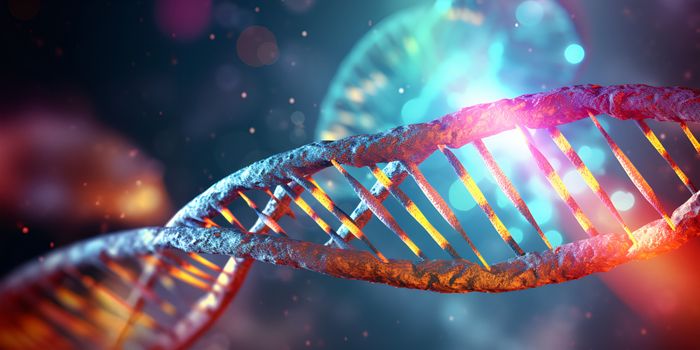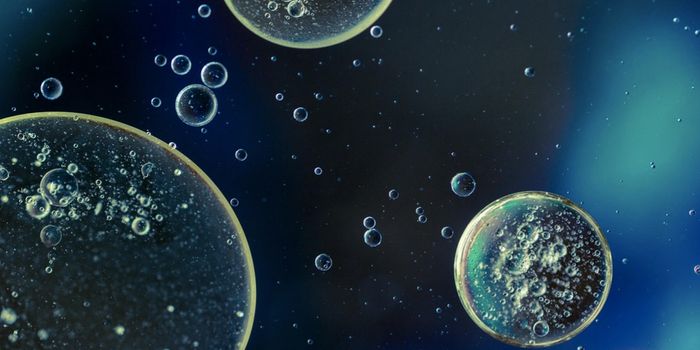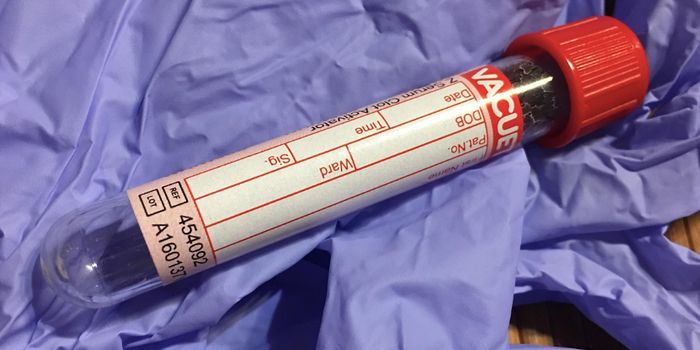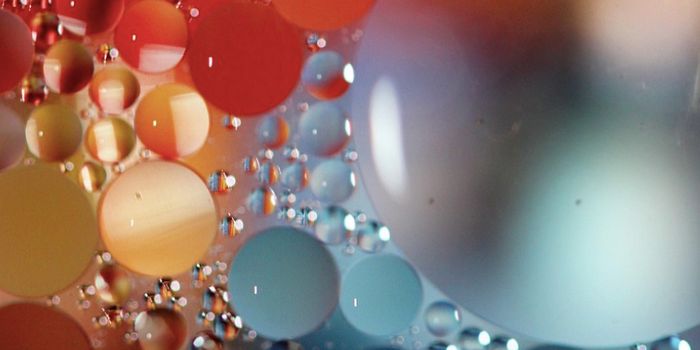Researchers have discovered a surprising new characteristic of one of Earth’s most unusual creatures, the water bear or tardigrades. This microscopic animal has been called the most indestructible on the planet. A protein that is unique to it shocked researchers when it protected human cells from the harmful effects of radiation.
The protein, called Dsup for damage suppressor, was added to human cells growing in culture. When those cells were exposed to powerful radiation, they experienced half the decay that cells normally would (when not cultivated with Dsup).
"We were really surprised," commented Takuma Hashimoto, a biologist at the University of Tokyo who designed the experiments and was the lead author of
the new work, published in Nature Communications.
Regarding the Dsup protein, "It is striking that a single gene is enough to improve the radiation tolerance of human cultured cells," he told Agence France Presse.
Tardigrades, seen in the video above, are very special organisms. They have eight puffy legs with a snout like a vacuum cleaner and appear to not have eyes. While some water bears eat moss and lichen, some eat other water bears. They live in water and can withstand extreme environments; scalding hot liquid and freezing water won’t harm them. When exposed to -253º Celsius water for 26 hours, all they needed to come back to life was a few drops of water. Some species of tardigrade can deal with pressure that is six times more intense than what’s found in the Mariana Trench. You can watch water bears encountering and dealing with dry conditions in the video below.
Water bears can even survive pressure that is out of this world; they have been sent to outer space. Not only did they live through being attached to a satellite that was sent to space where they were subjected to intense radiation in a vacuum, some of the females returned to Earth and produced healthy offspring.
Tardigrades are able to go into a state of suspended animation to endure these extremes. Almost all of the liquid in their bodies is eliminated, and metabolism is slowed 10,000 times below normal. How exactly water bears accomplish all of that is unknown.
Investigators have long thought that these animals have an enhanced ability to repair DNA that is damaged, something of serious importance and relevance to survival after decades of desiccation.
Hashimoto’s team has found that the Dsup protein of the water bear may "work as a kind of physical shield to protect DNA," especially that from harmful X-rays.
This new work aims to also settle a controversial finding about water bears reported last year in Proceeding of the National Academy of Sciences. In that study, researchers claimed to have completed sequencing of the Ramazzottius hypsibius species of tardigrade, the first genome of its kind to be published. In that work, nearly a fifth of the genome had some from other plant and animal species, which would have set a new record for horizontal gene transfer between species. Could that account for the incredible hardiness of water bears?
Other researchers immediately speculated that contamination was the likely reason for the finding. This new work supports that observation.
Hashimoto’s team performed precise genome sequencing and found only 1.2 percent were foreign genes. "This suggests that horizontal gene transfer is not a major cause of tolerability," concluded Hashimoto.
Sources:
Phys.org via
AFP,
Nature Communications









